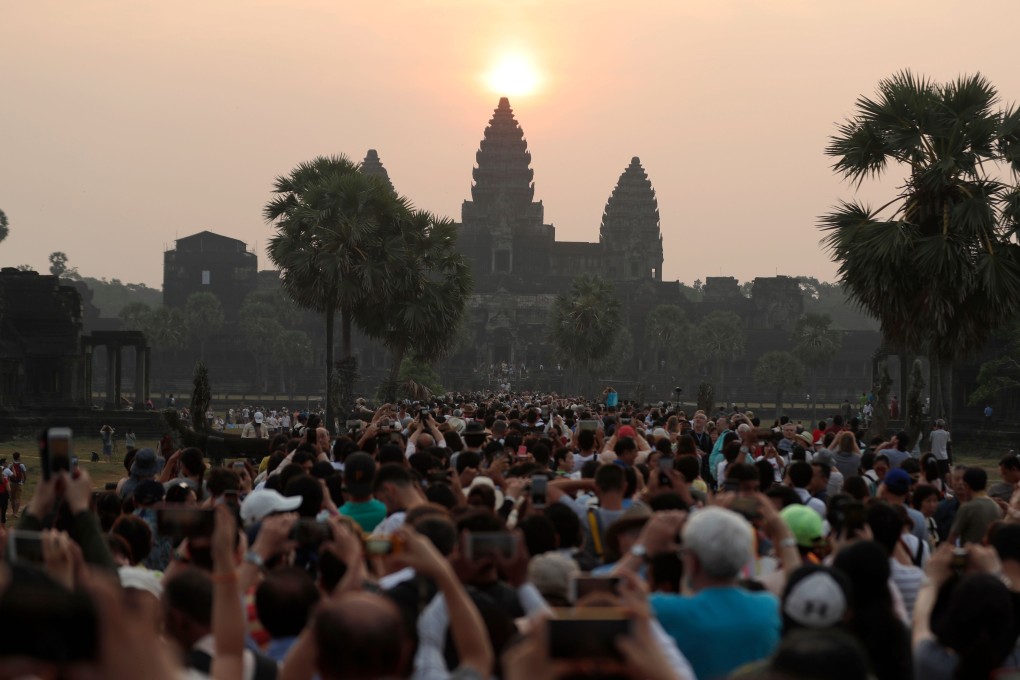Coronavirus pandemic: top vacation spots hold out for recovery, but could a more responsible tourism emerge?
- The coronavirus pandemic has brought tourism to a virtual halt and many in the industry are hoping for a rebound
- Tourist hotspots such as Angkor Wat in Cambodia and Hoi An in Vietnam are enjoying an ecological respite from the usual huge crowds and overtourism

In August, musician Samantha Katz set off from her hometown, New York, on the trip of a lifetime. Her 12-month journey started in New Zealand and took her to Samoa, Australia, Indonesia, the Philippines, Taiwan and Japan.
“My plans are over as I ended my trip five months early to go home,” she says. “But this won’t change the way I travel. I’m hoping to go back travelling again in six months, or when this is over.”

The short- to midterm spells disaster for the industry, however. While the UN World Tourism Organisation’s estimates are being constantly updated, in March they predicted a slump of between US$30 billion and US$50 billion in visitor spending this year. The Asia-Pacific region will be worst off, with a current predicted drop of 9 per cent to 12 per cent in international tourists. This is a rapid shift from the 5 per cent to 6 per cent growth forecast by the organisation in early January.